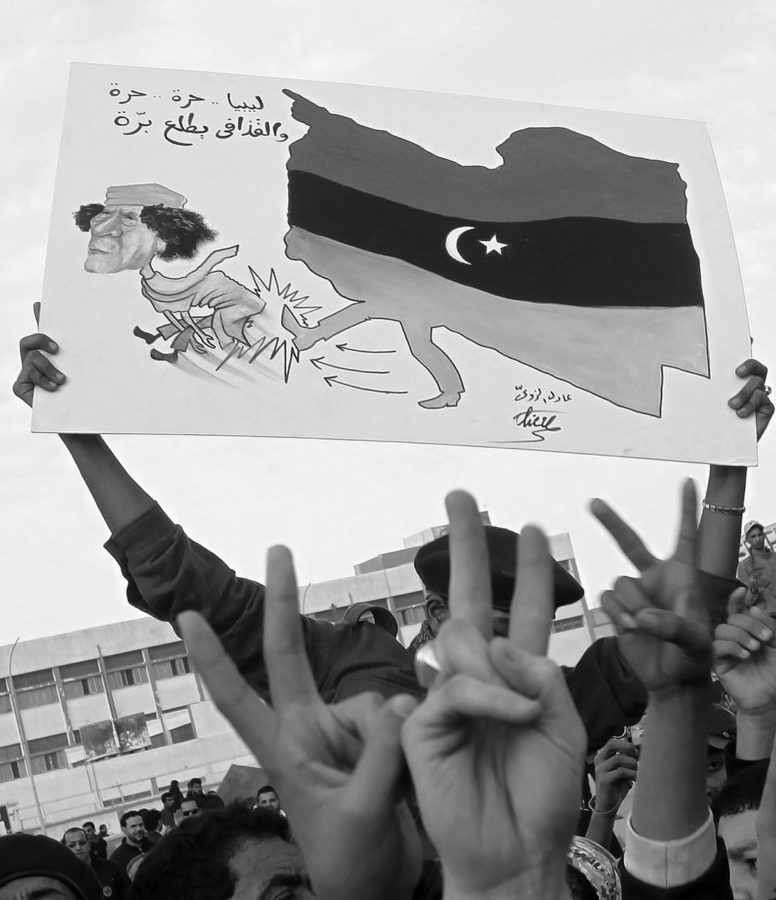After an eight-month civil war, Libya may be ready for elections. Prime Minister Mahmud Jibril has currently made plans for establishing a panel to oversee the writing of a new constitution, which would set the stage for presidential and legislative elections, reports the Washington Post.
He spoke at a news conference and cautioned that the current schedule for elections in June is to slow as it leaves a long power vacuum and that “We don’t want an eight-month gap,” due to the danger it may bring to his country. The cautionary tone is due to the fact that all over the country there are militias that are trying to gain a strong hold and if these are not kept in check by government, the country could be engaged in conflict that would complicate Libya’s chances of reconstruction and path to democracy.
Jibril stressed how difficult it was in political leadership during the struggle to overthrow Moammar Gaddafi moving to establish order in the postwar phase. Concerns and discussions have been brought up about who will serve in an interim government to lead the country for the next eight months. Jibril has suggested in doubling the size of the transitional council, to 120 members, as well as adding women, young people and military leaders from around the country in preparing elections for the new nation.
According to CNN, “earlier this week, the rivalry was evident when dozens of fighters clashed at a Tripoli hospital in what residents said was the biggest armed confrontation in the capital in weeks.” The same report outlines that “there are no security forces, everyone is running their own group, their own brigade, and they all control Tripoli,”
However, CNN reports that the National Transitional Council (NTC) military indicated there commitment to bring these factions to a halt “We would like to reorganize our army again,” said Col. Ahmed Bani, the NTC Transitional Council’s military spokesman. “When we have a great and strong army, we are safe. We will save our dreams, we will save our democracy, our borders.”
The one uniting factor all these militias had in common was the hatred for the dictator Moammar Gaddafi and with his death, there is a void of common ground, and more importantly a power struggle. In a New York Times report, Mahmoud Shammam, a spokesman for the council’s executive board, is quoted as pointing out that “Nobody wants to give up arms now, and many tribes and cities are accumulating arms ‘just in case,’ ” This demonstrates the need for the new government to be inclusive so as to avoid chances of civil war.
What we see in a post-Gaddafi Libya is similar to the sequence of events in Iraq after Saddam Hussein, where violence was committed by tribal leaders, militias, and insurgents. Dictators that are in power have a history of curbing violence due to factions successfully through the use of brutal force. Once this force is removed, the violence is triggered and sometimes can escalate to levels even greater than what was committed by the dictators. It is therefore very challenging for Libyans to progress towards democracy without dealing with these divisive forces head on.
Though the make-up of the new NTC is important, it is also very vital that the goal to have an apparent military presence to maintain order is met (this should be the first goal) for the country to have a chance of having a viable political process as they start forming their constitution.







